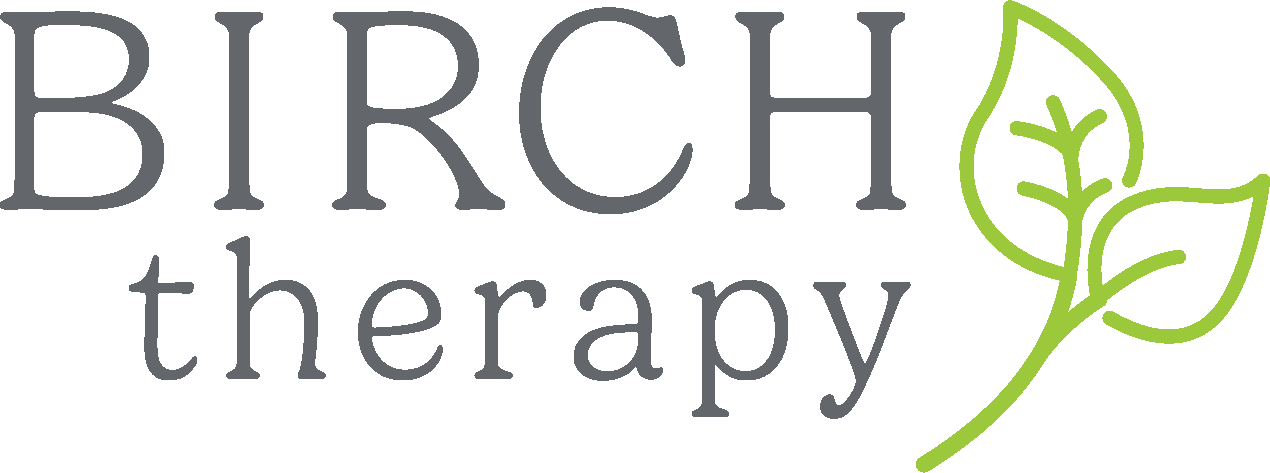Child Therapy for Kids in Raleigh, NC
Counseling for Children in Raleigh, Cary, Durham, North Raleigh, & Fuquay-Varina, North Carolina
“Enter into children’s play, and you will find the place where their minds, hearts, and souls meet.” -Virginia Axline
#Our Playroom
#Our Playroom
THERAPEUTIC POWERS OF CHILD THERAPY:
FACILITATES COMMUNICATION
FOSTERS EMOTIONAL WELLNESS
ENHANCES SOCIAL RELATIONSHIPS
INCREASES PERSONAL STRENGTHS
WE SPECIALIZE IN CHILD THERAPY FOR CHILDREN,
WITH 16 THERAPISTS SPECIFICALLY TRAINED TO WORK WITH CHILDREN FROM BIRTH.
Children often have a hard time expressing their emotions through words, especially when faced with difficult situations. Child therapy in Raleigh, NC provides safe space for kids to:
Communicate their feelings. Explore their thoughts. Work through challenges in a way that feels natural and empowering.
If your child is struggling with anxiety, grief, or behavioral challenges,
play therapy for children can help kids find their voice and develop skills they need to cope and thrive.
What to Expect in Therapy…
EACH CHILD’S COUNSELING EXPERIENCE IS UNIQUE. GENERALLY, THE PROCESS BEGINS WITH AN INITIAL ASSESSMENT SCHEDULED WITH PARENTS, WHERE A TREATMENT PLAN IS CREATED TO ADDRESS NEEDS, CHALLENGES, AND GOALS.
THEN, DURING WEEKLY 45-50 MINUTE SESSIONS, YOUR CHILD WILL BE GUIDED THROUGH VARIOUS PLAY ACTIVITIES DESIGNED TO EXPRESS EMOTIONS AND DEVELOP NEW SKILLS. PARENTS ARE ENCOURAGED TO BE INVOLVED IN THE COLLABORATION THROUGH REGULAR UPDATES TO ENSURE PROGRESS. NEED MORE PARENT/CHILD SUPPORT? HEAD TO OUR FAMILY THERAPY PAGE TO LEARN HOW WE CAN HELP.
WHAT IS PLAY THERAPY:
Play therapy is a powerful, evidenced-based approach to therapy for children aged 3 to 12. It uses play as a medium to help children express their emotions, solve problems, and learn coping strategies. For instance, through art, sand tray, role playing, games, and pretend play, children work through challenges they cannot express in words. Play therapy in Raleigh, NC is an effective way for children to express their inner world in a safe and supportive environment.
WHY CHOOSE PLAY THERAPY WITH BIRCH THERAPY?
Play therapy at Birch Therapy in North Carolina offers children a way to process difficult emotions and experiences. Play is a child’s language, so we can help children express themselves and work through challenges in ways they might not be able to with words alone.
Whether a child is dealing with trauma, anxiety, bullying, grief, or family dynamic changes, this type of therapy can help process emotions in a safe and nonjudgmental space. Additionally, therapy for children helps foster emotional regulation, improves self-esteem, and builds confidence as children develop coping strategies and problem-solving skills.
Sessions take place in an environment where the child feels safe and where there are few limitations. The therapist may use techniques that involve: creative visualization - storytelling- role-playing - toy phones - puppets, stuffed animals, and masks - dolls, action figures - arts and crafts -water and sand play - blocks and construction toys - dance and creative movement - musical play

Goals of Play Therapy for Children
Develop new and creative solutions to problems
Build self-efficacy and confidence regarding abilities.
Increase self-responsibility at home and school.
Cultivate empathy and respect for thoughts and feelings of others.
Develop respect and acceptance of self and others.
Birch Therapy Services in North Carolina Works With…
Neurodivergent thinkers & twice exceptional (2E) - ADHD - Autism Spectrum Disorder & Pathological Demand Avoidance (PDA) - Grief - Anxiety - Depression - Parenting/family systems conflicts - Co-parenting strategies - OCD - Executive functioning skills and coaching - Adoption and Attachment - Inner critic/ Perfectionism - Social skills/ social anxiety - Trauma & PTSD - Body & Gender Dysmorphia - Nonverbal Learning Disorder - PANDAS - Abuse: sex abuse and physical abuse - Problematic sexual behaviors (PSB) - Anger management - Academic difficulties - School Refusal - IEP/ 504 - School Strategies - Panic Attacks - Divorce - Family support post death of a loved one - Adjustment due to temporary stressors - High Conflict Divorce - Career Coaching - Selective mutism - Emotional dysregulation and sensory needs - Adjustment due to season of life - Defiant and oppositional behaviors -
NEURODIVERGENT-AFFIRMING THERAPY:
Neurodiversity describes the idea that people experience and interact with the world around them in many different ways; there is no one "right" way of thinking, learning, and behaving, and differences are not viewed as deficits.
The word neurodiversity refers to the diversity of all people, but it is often used in the context of autism spectrum disorder (ASD), as well as other neurological or developmental conditions such as ADHD or learning disabilities. The neurodiversity movement emerged during the 1990s, aiming to increase acceptance and inclusion of all people while embracing neurological differences (Harvard Medical School).
At Birch Therapy, our goal is to continue to offer an environment of inclusion and acceptance for all people.
Why Choose Our Team of Play Therapists?
Our team of seasoned, skilled and compassionate therapists specialize in play therapy for children. We have years of experience helping kids navigate a variety of emotional and behavioral challenges. Our play therapists believe in collaborating with you and your family. We want to create a warm and welcoming environment where children feel safe to explore. With expertise in neurodiversity, trauma, and family dynamics, we work to meet your child’s individual needs in a way that fosters trust and healing.
We look forward to partnering with you.
Get Started with Play Therapy in Raleigh, Durham, Cary, or North Raleigh Today!
If you are ready to get started with play therapy in North Carolina, our team of therapists are ready to connect with you. To get started, follow these steps:
Begin your child’s therapeutic journey and create lasting connections!
Other Services Offered at Birch Therapy in North Carolina
At Birch Therapy in Raleigh, NC, we offer more than just play therapy for children. In addition to our child therapy services, we also provide counseling for teens, trauma therapy, Parent-Child Interaction Therapy (PCIT), Parent Coaching, and parent groups/classes. We offer psychological testing for ADHD, Autism Spectrum Disorders, mood disorders, anxiety disorders (including PTSD), and more. Our services also include neurodivergent affirming therapy, a social skills group for kids, the Girl C.O.D.E program for girls in grades 3-5, community workshops, clinical supervision, the Circle of Security® Classroom, and evidence-based therapies such as Trauma-Focused Cognitive Behavioral Therapy (TF-CBT) and EMDR. At Birch Therapy, we are committed to supporting children, teens, and parents with a variety of therapeutic options tailored to their needs. We hope to come alongside you and your family, providing the support you need every step of the way.







